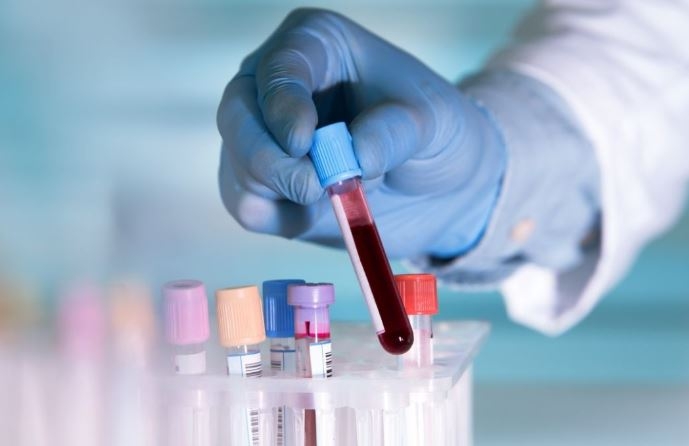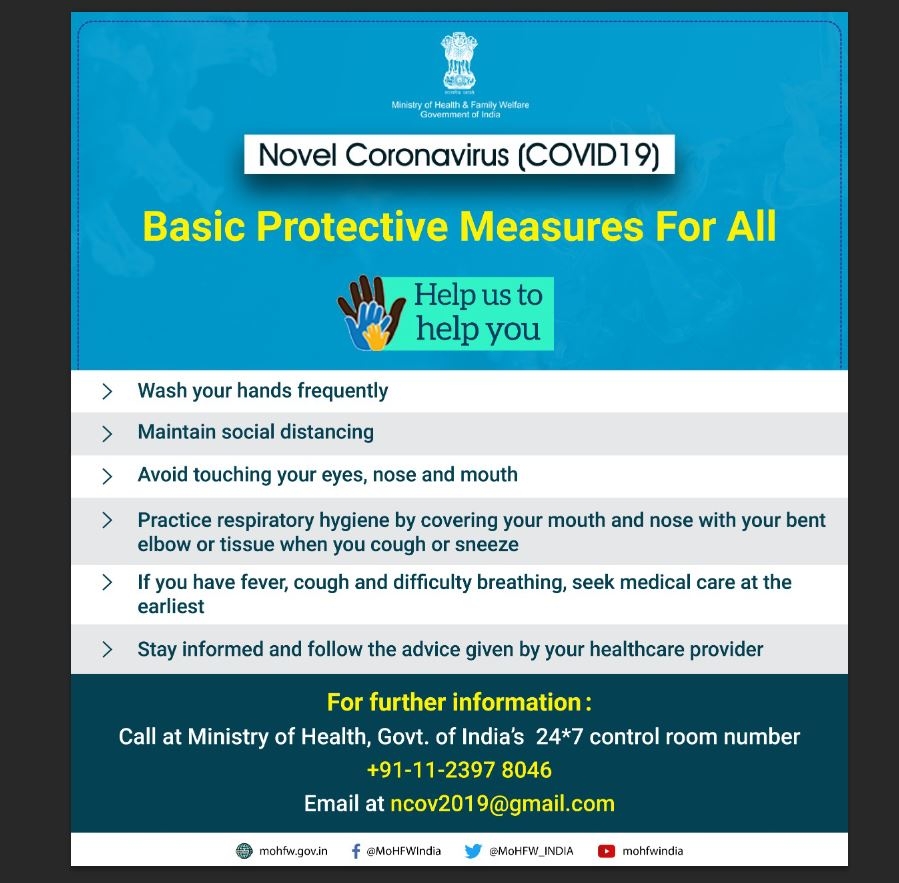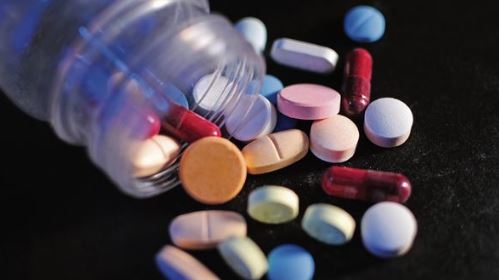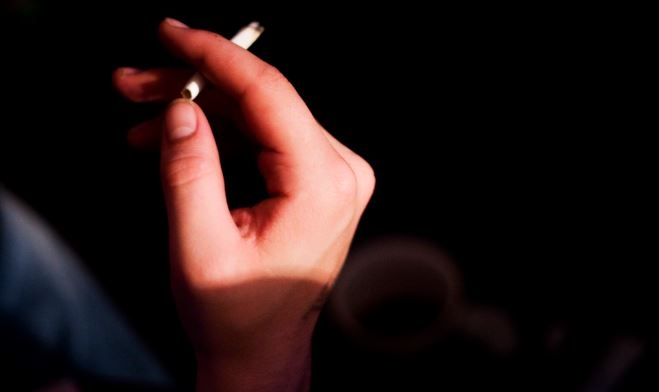On the occasion of World Kidney Day which falls on March 14, we make an effort to raise awareness about kidney problems - which is the 6th fastest growing cause of death, with 2.4 million deaths per year. People who suffer from kidney problems do not get to know until it reaches a very late stage. If you are above the age of 60, have family history kidney disease or are suffering from high blood pressure and diabetes, you must get tests to check your kidneys as well.
Here are top 10 signs of kidney disease that you must be aware of:
- Fatigue, lack of energy and finding it difficult to concentrate: When your kidneys are not performing as they should, you will feel all these symptoms. Weakness and anaemia are also signs of kidney disease.
- Dry and itchy skin: Kidneys perform the function of removing excess waste and extra fluid from your body. They also help in formation of red blood cells and maintaining the strength of bones. Kidneys are the ones responsible for sufficient supply of minerals in the blood. If your kidneys are not working properly, you will have a dry and itchy skin.
- Frequent urination: A telltale symptom of kidney problems is an increase in frequency of urination. A person with kidney problems will specially feel the need to urinate more often at night. However, frequent urination can also be a sign of urinary tract infection and an enlarge prostate in men.
- Difficult sleep: When your kidneys are unable to filter properly, toxins stay in the blood rather than being flushed out in urine. This can make it difficult to get a good night's sleep at night. Chronic kidney disease is common in people with obesity. Sleep apnea is common in obese people.
- Blood in urine: While filtering waste from the blood to create urine, healthy kidneys keep blood cells in the body. But, when kidney filters have damaged, these blood cells begin to leak in the urine. Blood in urine is sign of kidney disease, infection and kidney stones.
- 6. Swollen feet and ankles: Poorly functioning kidneys can cause sodium retention which causes swelling in feet and hands. Swelling in lower extremities of the body can also be a sign of heart disease and liver disease.
- Muscle cramps: Poorly functioning kidneys can result in electrolyte imbalances. For instance, poorly controlled phosphorus and low calcium levels can cause muscle cramps.
- Foamy urine: If your urine has excessive bubbles, or takes several flushes to go away, it may be a sign of kidney disease. Protein in urine causes foamy urine.
- Poor appetite: Build-up of toxins in the body can reduce your appetite. Get a blood test to check kidney functions in this case.
- Puffy eyes: Puffy eyes may be a sign of kidneys leaking large amounts of protein in urine rather than keeping it in the body. Foamy urine is a sign of excessive protein in the urine
Note: Always consult a specialist or your own doctor for more information. This content including advice provides generic information only. It is in no way a substitute for qualified medical opinion.
On the occasion of World Kidney Day which falls on March 14, we make an effort to raise awareness about kidney problems - which is the 6th fastest growing cause of death, with 2.4 million deaths per year. People who suffer from kidney problems do not get to know until it reaches a very late stage. If you are above the age of 60, have family history kidney disease or are suffering from high blood pressure and diabetes, you must get tests to check your kidneys as well.
Here are top 10 signs of kidney disease that you must be aware of:
- Fatigue, lack of energy and finding it difficult to concentrate: When your kidneys are not performing as they should, you will feel all these symptoms. Weakness and anaemia are also signs of kidney disease.
- Dry and itchy skin: Kidneys perform the function of removing excess waste and extra fluid from your body. They also help in formation of red blood cells and maintaining the strength of bones. Kidneys are the ones responsible for sufficient supply of minerals in the blood. If your kidneys are not working properly, you will have a dry and itchy skin.
- Frequent urination: A telltale symptom of kidney problems is an increase in frequency of urination. A person with kidney problems will specially feel the need to urinate more often at night. However, frequent urination can also be a sign of urinary tract infection and an enlarge prostate in men.
- Difficult sleep: When your kidneys are unable to filter properly, toxins stay in the blood rather than being flushed out in urine. This can make it difficult to get a good night's sleep at night. Chronic kidney disease is common in people with obesity. Sleep apnea is common in obese people.
- Blood in urine: While filtering waste from the blood to create urine, healthy kidneys keep blood cells in the body. But, when kidney filters have damaged, these blood cells begin to leak in the urine. Blood in urine is sign of kidney disease, infection and kidney stones.
- 6. Swollen feet and ankles: Poorly functioning kidneys can cause sodium retention which causes swelling in feet and hands. Swelling in lower extremities of the body can also be a sign of heart disease and liver disease.
- Muscle cramps: Poorly functioning kidneys can result in electrolyte imbalances. For instance, poorly controlled phosphorus and low calcium levels can cause muscle cramps.
- Foamy urine: If your urine has excessive bubbles, or takes several flushes to go away, it may be a sign of kidney disease. Protein in urine causes foamy urine.
- Poor appetite: Build-up of toxins in the body can reduce your appetite. Get a blood test to check kidney functions in this case.
- Puffy eyes: Puffy eyes may be a sign of kidneys leaking large amounts of protein in urine rather than keeping it in the body. Foamy urine is a sign of excessive protein in the urine
Note: Always consult a specialist or your own doctor for more information. This content including advice provides generic information only. It is in no way a substitute for qualified medical opinion.








3.jpg)















